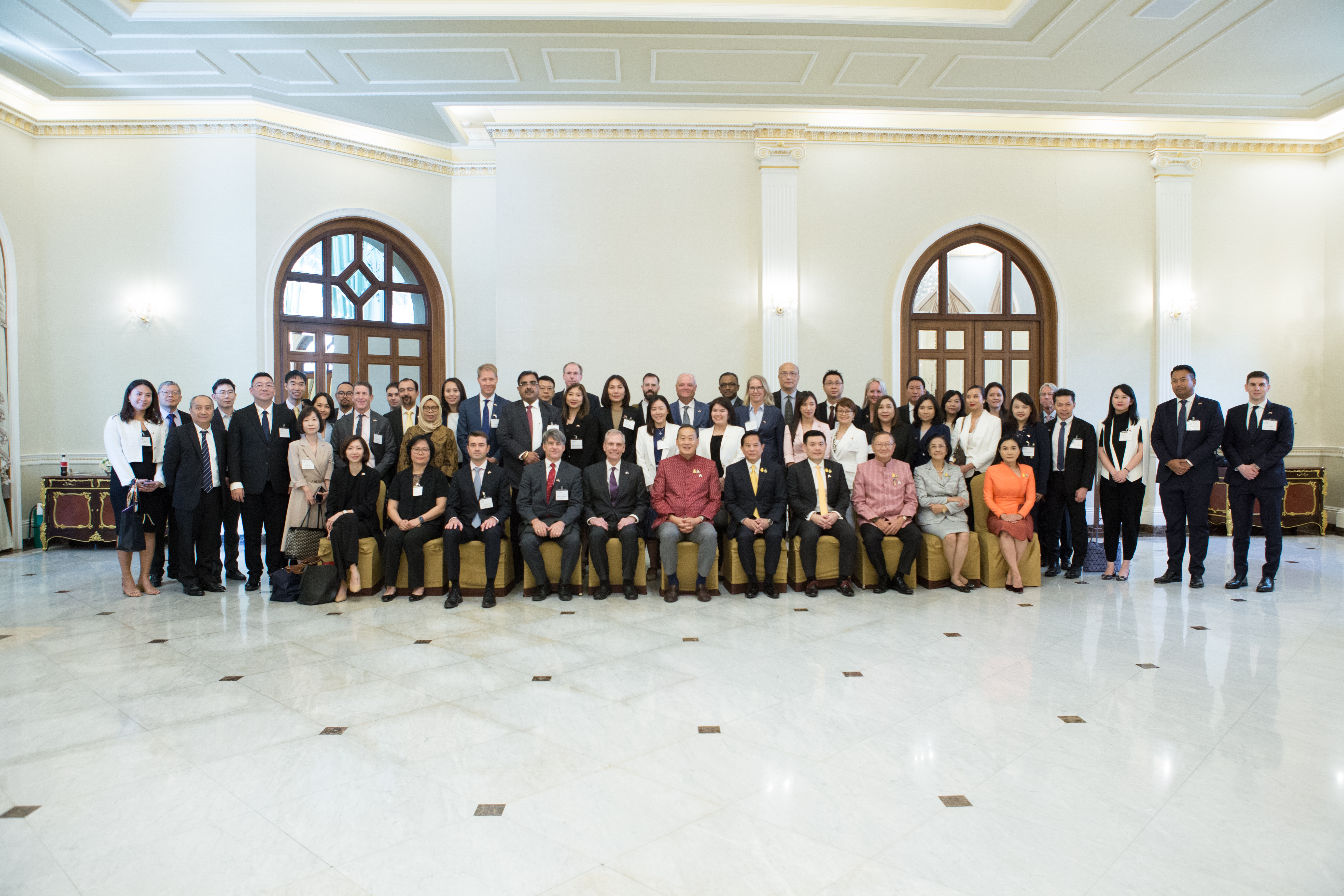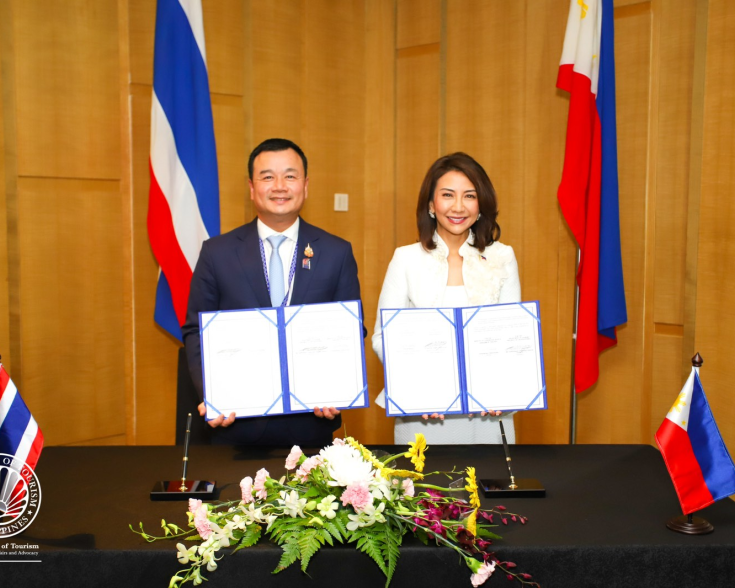Thailand aims to sign more mini-FTAs with China

After the huge success of the mini-FTA with Hainan signed in August last year which resulted in significant growth in Thai exports, Thailand recently signs a mini-free trade agreement with the Chinese city of Shenzhen in early March and seeks to sign another one with the province of Yunnan in April. The bilateral trade between Thailand and Hainan has risen by 91.9% with exports from Thailand up by 66.8% from a year before and imports from China rising by 140%. This expansion of trade volume includes agricultural, food, and, industrial products, of which important export products are rubber, fruit, chemicals, and minerals.
The framework of the upcoming mini-FTAs would be of the same nature as the Hainan one which covers five main areas: cooperation on information exchange and measures to support small and medium-sized enterprises (SMEs); business linkage promotion and enhancing creativity and innovation of SMEs via product development and expanding opportunities in third markets; facilitation of trade activities through seminars, trade shows, business matching, and trade delegations; expansion of trade volume for agricultural, food and industrial products; and promotion of e-commerce and online business matching.
Thailand currently has fourteen Free Trade Agreements with eighteen countries. The Regional Comprehensive Economic Partnership, which came into force in early 2022, is the latest trade pact. The list includes ASEAN Free Trade Area (AFTA), ASEAN Economic Community (AEC), ASEAN-China, ASEAN-India, ASEAN-Japan, ASEAN-South Korea, ASEAN-Australia-New Zealand, ASEAN-Hong Kong, ASEAN-Australia, ASEAN-New Zealand, ASEAN-Japan, ASEAN-Peru, ASEAN-Chile, ASEAN-India, and the Regional Comprehensive Economic Partnership (the FTA between the ASEAN and Australia, China, Japan, New Zealand, and South Korea). In addition, Thailand has mini-FTA discussions with several Indian states such as Karnataka, Maharashtra, Assam, and Gujarat.








